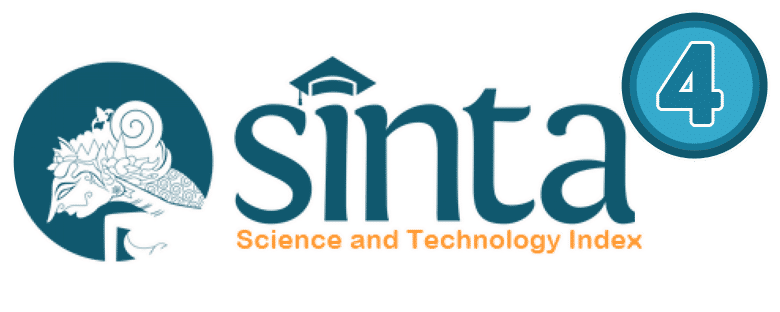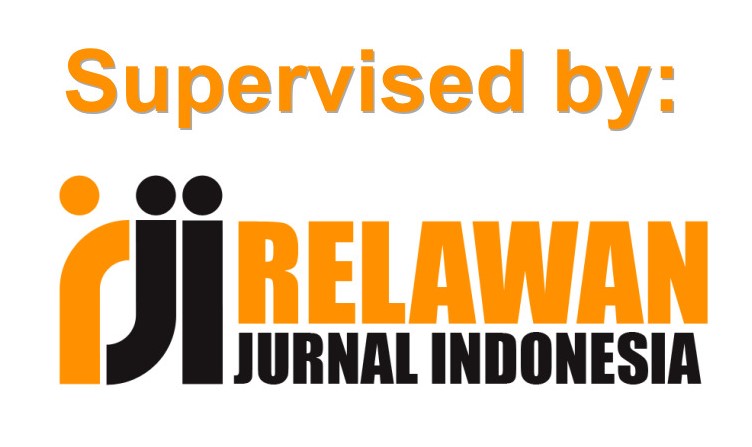PENGARUH MODEL PEMBELAJARAN SAVI (SOMATIS, AUDIOTORI, VISUAL, INTELEKTUAL) TERHADAPHASIL BELAJAR SISWA KELAS VII DALAM PEMBELAJARAN LAGU DAERAHSETEMPAT SMP PARULIAN 2 MEDAN
DOI:
https://doi.org/10.24114/grenek.v7i1.8789Abstract
This study aims to determine the effect of learning model SAVI (SomaticAudiotori, Visual, Intellectual Property) to the learning outcomes of students class VIISMP Parulian 2 Medan.This study is based on a theoretical foundation to explain the learning model SAVI(Somatic Audiotori, Visual, Intellectual), learning outcomes, and Song local area, alongwith the hypothesis.The research method in this study using an experimental research. This type of researchis True Experimental Design with pretest design -Posttest Control Group Design. Thepopulation in the study were all students of class VIII SMP Parulian 2 field consistingof 4 classes. Sampling was done by random sampling by taking two classes, namely theclass VII4 as an experimental class that numbered 30 people and VII2 class as thecontrol class that numbered 30 people. The instrument used to determine studentlearning outcomes is the achievement test in the form of multiple choice numbered 30and 20 items that have been declared valid for the experimental class and control classthat has been tested on VII1 class in junior Parulian 2 Medan.The second class are given a pretest to determine the ability of the student before thebeginning of the treatment given in each grade, with an average value of 38.83experimental class and control class 35.83. then given a different treatment, theexperimental class learning model SAVI (Somatic, Audiotori, Visual, Intellectual) andgrade control with conventional learning (direct). After learning is completed givenpostes, obtained postes with an average value of 76.83 experimental class and controlclass 66.87. Hypothesis test results using a different test (t-test) obtained t> t table soHa is received, so that the results showed that there was a 15.67% influence learningmodel SAVI (Somatic, Audiotori, Visual, Intellectual) the learning outcomes of studentsof class VII in Learning Locally in the Junior songs Parulian 2 Medan.Downloads
Published
2018-01-03
Issue
Section
Grenek Music Journal
License
Copyright (c) 2018 NORA LISA

This work is licensed under a Creative Commons Attribution-ShareAlike 4.0 International License.
Authors published with the Grenek: Jurnal Seni Musik agree to the following terms:
- Authors retain copyright and grant the journal the right of first publication with the work simultaneously licensed under a Creative Commons Attribution License (CC BY-SA 4.0) that allows others to share the work with an acknowledgment of the work's authorship and initial publication in this journal.
- Authors are able to enter into separate, additional contractual arrangements for the non-exclusive distribution of the journal's published version of the work (e.g., post it to an institutional repository or publish it in a book), with an acknowledgment of its initial publication in this journal.
- Authors are permitted and encouraged to post their work online (e.g., in institutional repositories or on their website) prior to and during the submission process, as it can lead to productive exchanges, as well as earlier and greater citation of published work. (See The Effect of Open Access)








